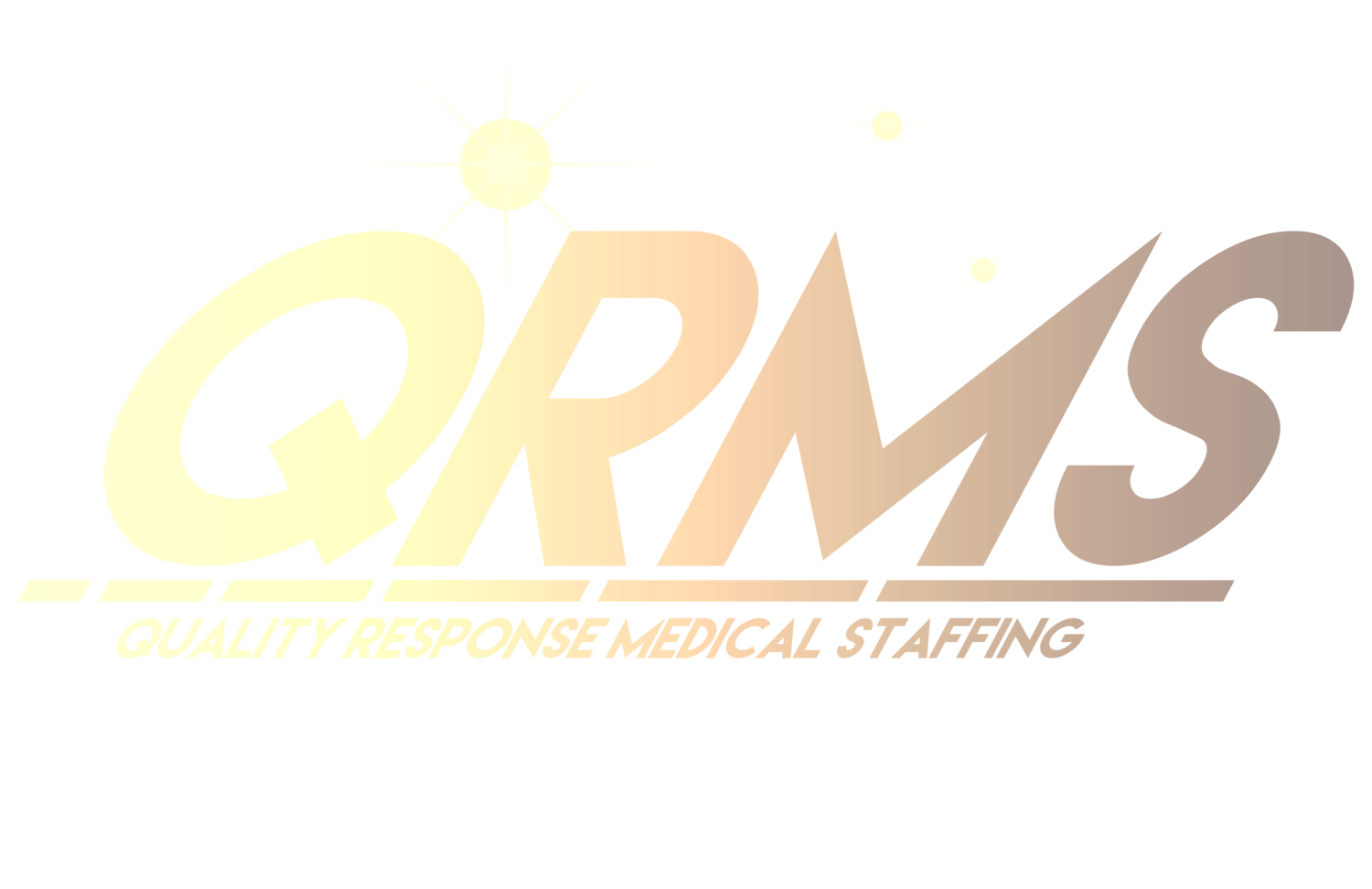The Best Natural Remedies for Cough
Coughing is a common reflex action that clears your throat of mucus or foreign irritants. While it's often a symptom of an underlying condition, a persistent cough can be both irritating and exhausting. Thankfully, several natural remedies can help soothe and alleviate coughing. Here are some of the best options:
1. Honey
Honey has been used for centuries as a remedy for coughs and sore throats. Its thick, sticky consistency coats the throat, providing a soothing effect, while its antimicrobial properties help fight infection.
How to use:
Mix two teaspoons of honey with warm water or herbal tea.
For additional benefits, add a dash of lemon juice.
2. Ginger
Ginger is known for its anti-inflammatory and immune-boosting properties. It can help relax the airway muscles, reducing coughing.
How to use:
Brew a ginger tea by boiling fresh ginger slices in water for 10-15 minutes. Add honey or lemon for flavor.
Alternatively, chew on fresh ginger or use powdered ginger in your cooking.
3. Peppermint
Peppermint contains menthol, which helps to numb nerve endings in the throat that get irritated by coughing. It also helps break down mucus.
How to use:
Drink peppermint tea.
Inhale peppermint steam by adding a few drops of peppermint essential oil to hot water and breathing in the vapor.
4. Marshmallow Root
Marshmallow root has been used as a traditional remedy for coughs and sore throats due to its high mucilage content, which soothes irritation.
How to use:
Make a marshmallow root tea by steeping dried marshmallow root in boiling water.
Drink this tea up to three times a day for relief.
5. Thyme
Thyme is not only a culinary herb but also a powerful remedy for respiratory illnesses. It contains compounds that relax the tracheal muscles and reduce inflammation.
How to use:
Prepare thyme tea by steeping two teaspoons of crushed thyme leaves in a cup of boiling water for 10 minutes.
Add honey and lemon if desired.
6. Licorice Root
Licorice root acts as an expectorant and a demulcent, helping to soothe the throat and loosen mucus.
How to use:
Brew licorice root tea by steeping dried licorice root in boiling water.
Consume up to three times daily, but avoid if you have high blood pressure.
7. Salt Water Gargle
A simple salt water gargle can help relieve a scratchy throat that triggers coughing. It works by reducing swelling and loosening mucus.
How to use:
Dissolve half a teaspoon of salt in a cup of warm water.
Gargle with the solution for 30 seconds, then spit it out. Repeat several times a day.
8. Steam Inhalation
Inhaling steam can help moisturize dry, irritated airways and loosen mucus, making it easier to expel.
How to use:
Fill a bowl with hot water.
Drape a towel over your head and inhale the steam for about 10 minutes. Adding a few drops of eucalyptus oil can enhance the effect.
9. Turmeric
Turmeric contains curcumin, a compound with potent anti-inflammatory and antimicrobial properties. It can help reduce cough symptoms and boost the immune system.
How to use:
Mix a teaspoon of turmeric powder with a glass of warm milk or water.
Add a pinch of black pepper to enhance absorption.
takeaway
While these natural remedies can help alleviate cough symptoms, it's important to address the underlying cause of your cough. If your cough persists for more than a few weeks, is accompanied by high fever, or produces blood, seek medical advice promptly. These remedies can provide relief, but they should not replace professional medical treatment when needed.
Health Disclaimer
The information provided in this article is for educational and informational purposes only and is not intended as health or medical advice. Always consult with a physician or other qualified health provider regarding any medical condition or treatment. Never disregard professional medical advice or delay in seeking it because of something you have read in this article. The remedies and suggestions mentioned are not a substitute for professional medical treatment, diagnosis, or advice. If you have any concerns or questions about your health, you should always consult with a physician or other healthcare professional. Use of any information provided in this article is solely at your own risk.

